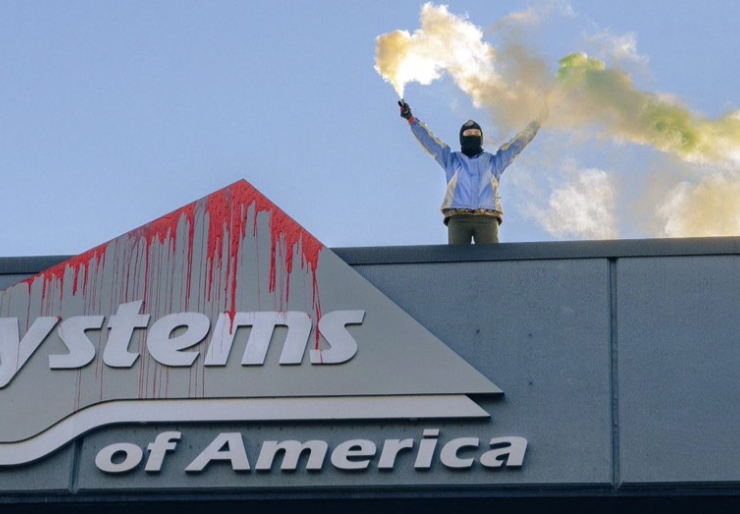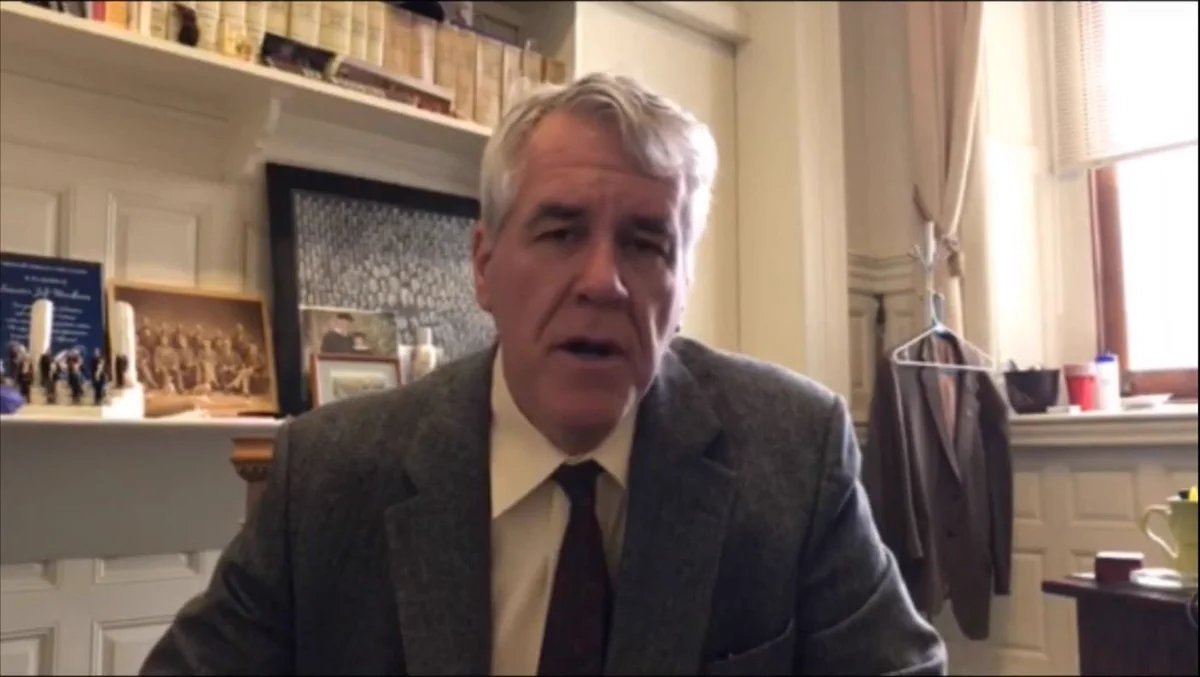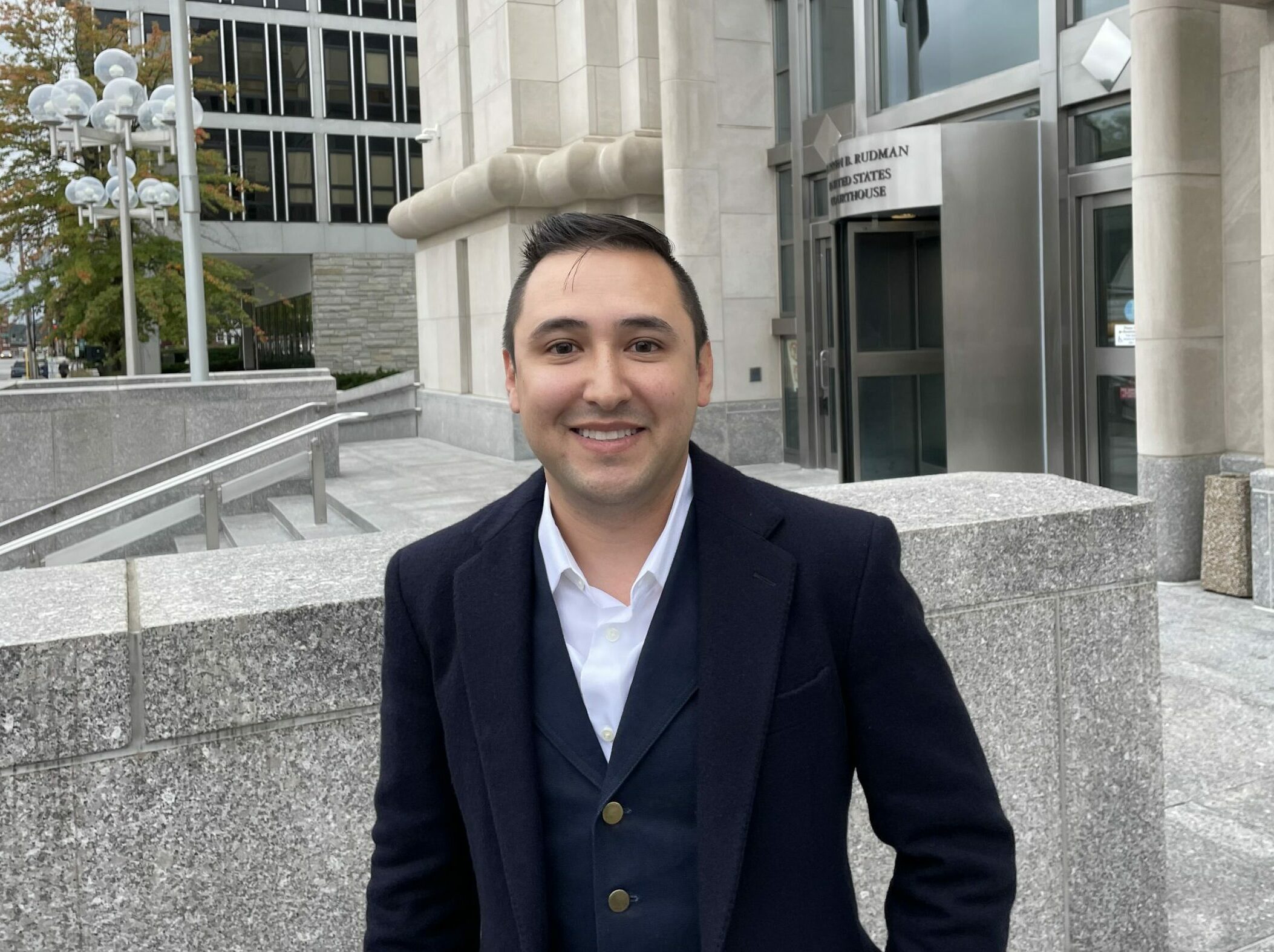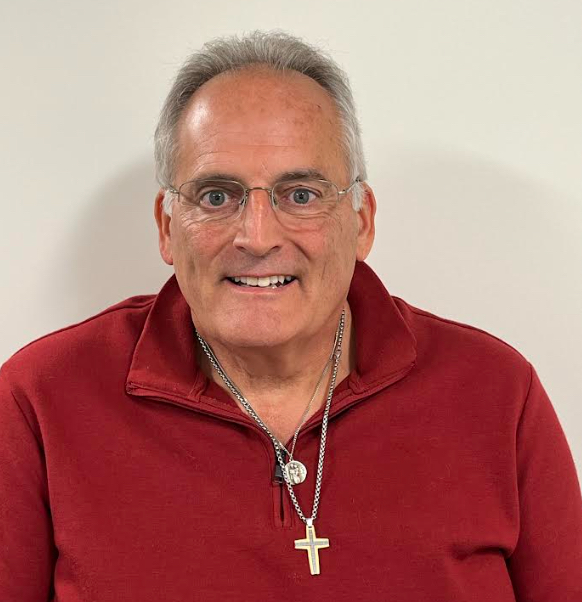Anti-Israel Elbit Vandals Offered Criminal Mediation, Could Avoid Trial

The four women charged with vandalizing the Elbit Systems facility in Merrimack last year may not go to trial.
Calla Walsh, Sophie Ross, Bridget Shergalis, and Paige Belanger are all scheduled for criminal mediation instead of jury trial, according to records filed in Hillsborough Superior Court — South in Nashua. The suspects targeted the Elbit facility because its parent company is based in Israel and is a major military contractor for the Jewish State.
The mediation session set for Sept. 18 will let lawyers for the women and prosecutors with the New Hampshire Attorney General’s Civil Rights Unit work out a possible plea deal to resolve the case. Criminal mediation involves both parties working with a neutral judge to come to an agreement that includes some form of restitution for the victim.
Mediation does not guarantee a plea bargain will be reached. After the judge hears from both sides, he or she will issue an order laying a proposed agreement. Neither side is bound to accept the terms of the mediation judge’s order and the case can still move to trial at that point, or there can be continued plea negotiations.
For example, former Strafford County Sheriff Mark Brave is scheduled for an August trial on his theft and perjury charges after failed plea negotiations and a rejected mediation order. Court records indicate Brave’s lawyer is continuing to seek a plea in that case as prosecutors contemplate bringing more charges.
Elbit has been repeatedly targeted by Palestinian Action US, an anti-Israel group first started in the United Kingdom and stepped up activities in the days after the deadly Oct. 7 Hamas attack on Israel. Hamas terrorists murdered at least 1,200 people that day, and hundreds more raped and taken hostage.
Walsh allegedly led the PA US team that included Shergalis, Ross, and Belanger in the action on the Elbit facility on Daniel Webster Highway in Merrimack on Nov. 20. The group allegedly smashed windows, sprayed graffiti, and climbed to the roof where they set off smoke bombs and tried to break into the HVAC system, according to police reports.
The women have known ties to a Marxist commune and the commune’s wealthy founder, James “Fergie” Chambers, who has been reported as a founding member of PA US, though he denies he has a leadership role.
NHJournal reported the FBI has been looking into Chambers and PA US. It is not known if the investigation remains open at this time.
Walsh is active in the anti-Israel “Boycott/Divest/Sanction (BDS) movement, which many critics say is antisemitic due to its sole focus on the Jewish State. More problematic is Walsh’s involvement in the so-called “Boston Mapping Project,” which created an interactive map identifying places where Jews tend to congregate as well as the locations of Jewish community organizations in Massachusetts. The map included locations of Jewish daycares and schools.
According to the Anti-Defamation League, the Mapping Project identifies Jewish communal groups as “‘Boston’s Zionist NGO circuit” and accused not only of “supporting the colonization of Palestine” but also of “violence worldwide.”
Belanger is another PA US member who has described herself as the secretary for Chambers’ Berkshire Communists, a “revolutionary Marxist-Leninist collective.”
Old-school Marxists are behind many of the anti-Israel protests that began almost within hours of the Oct. 7 Hamas murders. The New Hampshire chapter of the Party of Socialism and Liberation, a group that advocates a Marxist revolution, coordinates many of the protests.
Not much is known about Ross outside her activities against Elbit. Shergalis, on the other hand, is a former child actor who featured in Disney and Nickelodeon shows like “So Random” and “See Dad Run.” Chambers paid the $50,000 cash bail for Walsh, Shergalis, and Ross when they were arrested.
Chambers is a member of the Cox family, which is worth about $34 billion, according to reports. In recent years, Chambers negotiated an early inheritance with the family trust, allowing him to walk away with a reported $250 million. He used that money to start the Marxist commune in the Berkshires, as well as a “People’s Gym” in the Upper Valley region of New Hampshire. Chambers currently lives in New Hampshire in order to take advantage of the low taxes and lax firearm regulation.






